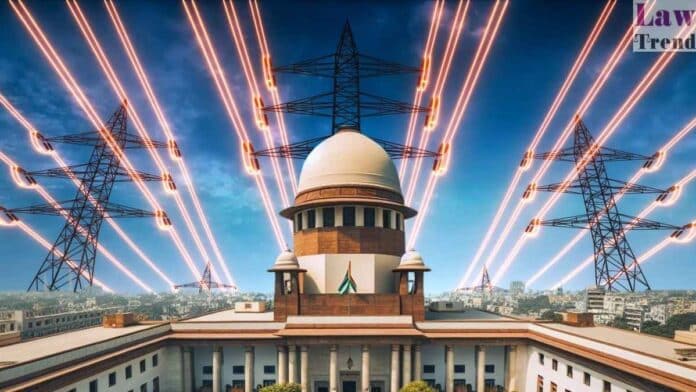In a significant ruling, the Supreme Court has held that the Central Electricity Regulatory Commission (CERC) exercises both regulatory and administrative functions under Section 79 of the Electricity Act, 2003. The Court clarified that the CERC’s powers are not confined merely to adjudication but extend to regulatory decisions, including granting compensation for delay in commissioning




